
Give your child's teeth a healthy start
A healthy mouth is important to your child’s general health and well-being.
Tooth decay is the most common dental disease among Australian children.
The good news is it can be prevented.
Teething
Most babies will start teething at around six months of age.
Regardless of when they start teething, most children will have their full set of twenty baby teeth by the time they are three years old.
Teething may make your baby uncomfortable. You can ease the pain by giving your baby things to chew on, like a cold, wet cloth or teething ring or rusk. Teething gels and over the counter pain relieving medications can also be useful.
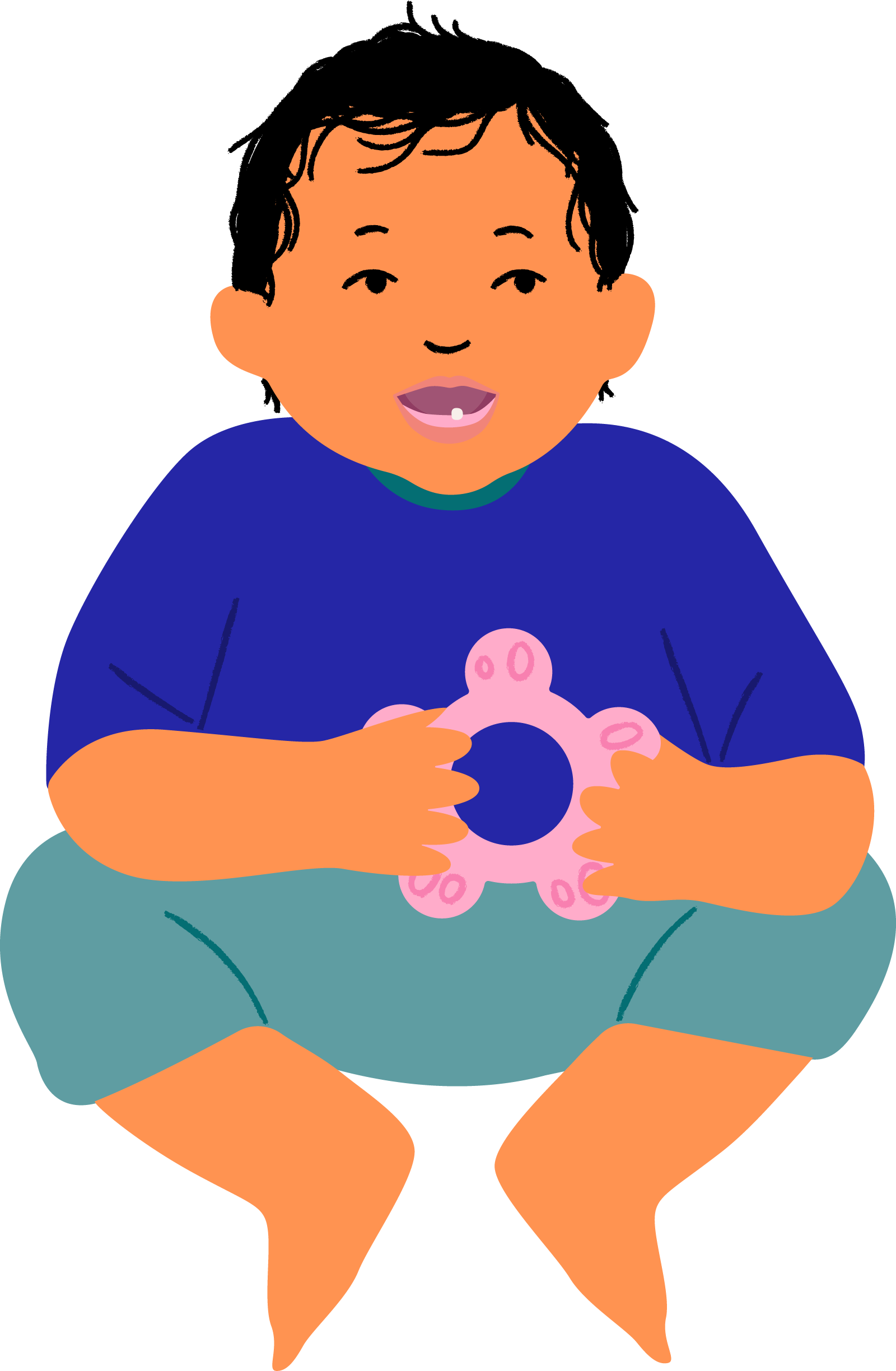
Caring for your baby’s teeth
Start cleaning your baby’s teeth as soon as they come through.
Use a clean cloth or a small, soft toothbrush to clean the gums and teeth.
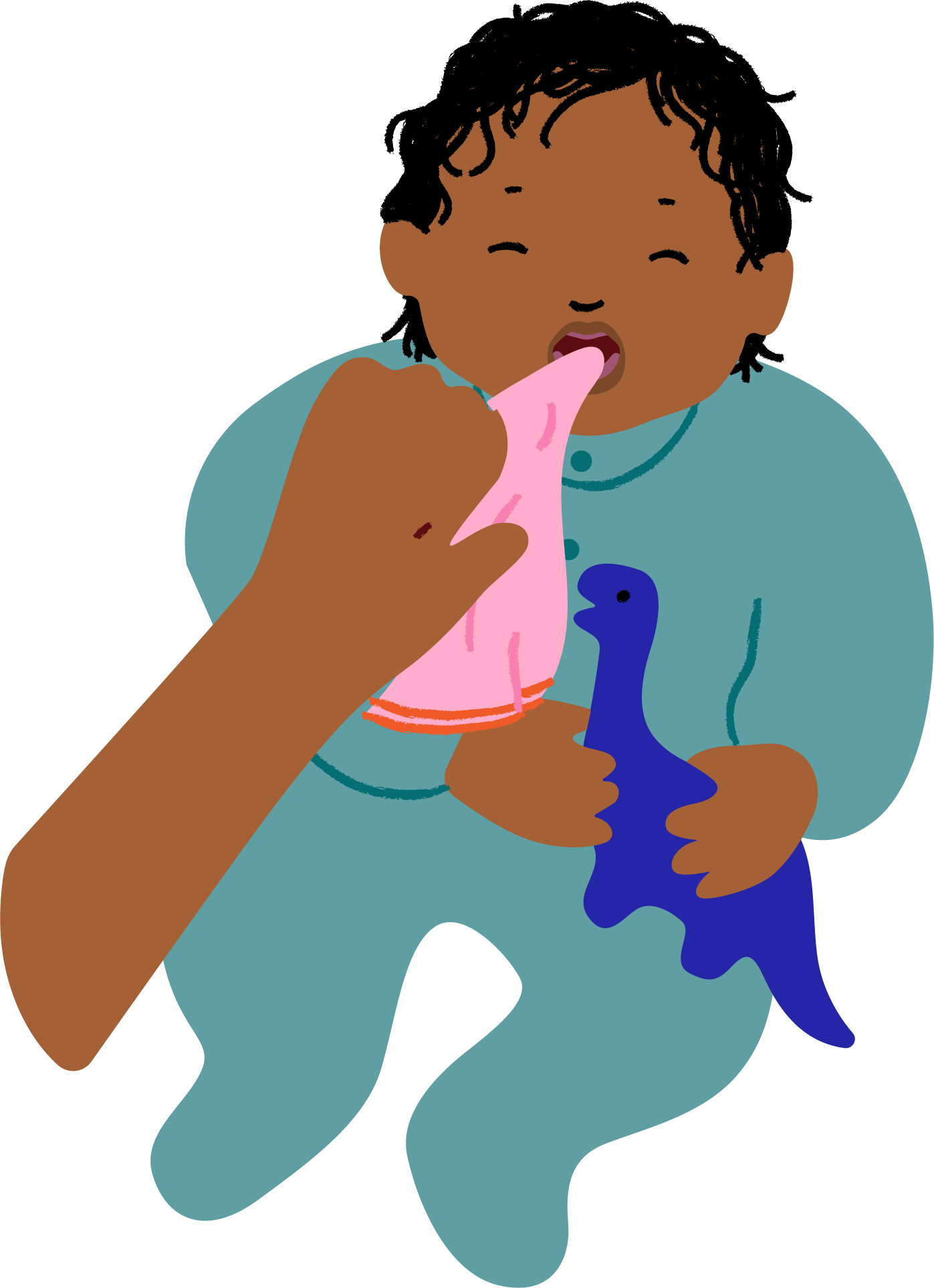
Brush twice a day, in the morning and before bed at night.
From 0 - 17 months, do not use toothpaste.
Breastfeed your baby. If you are not breastfeeding, use infant formula.
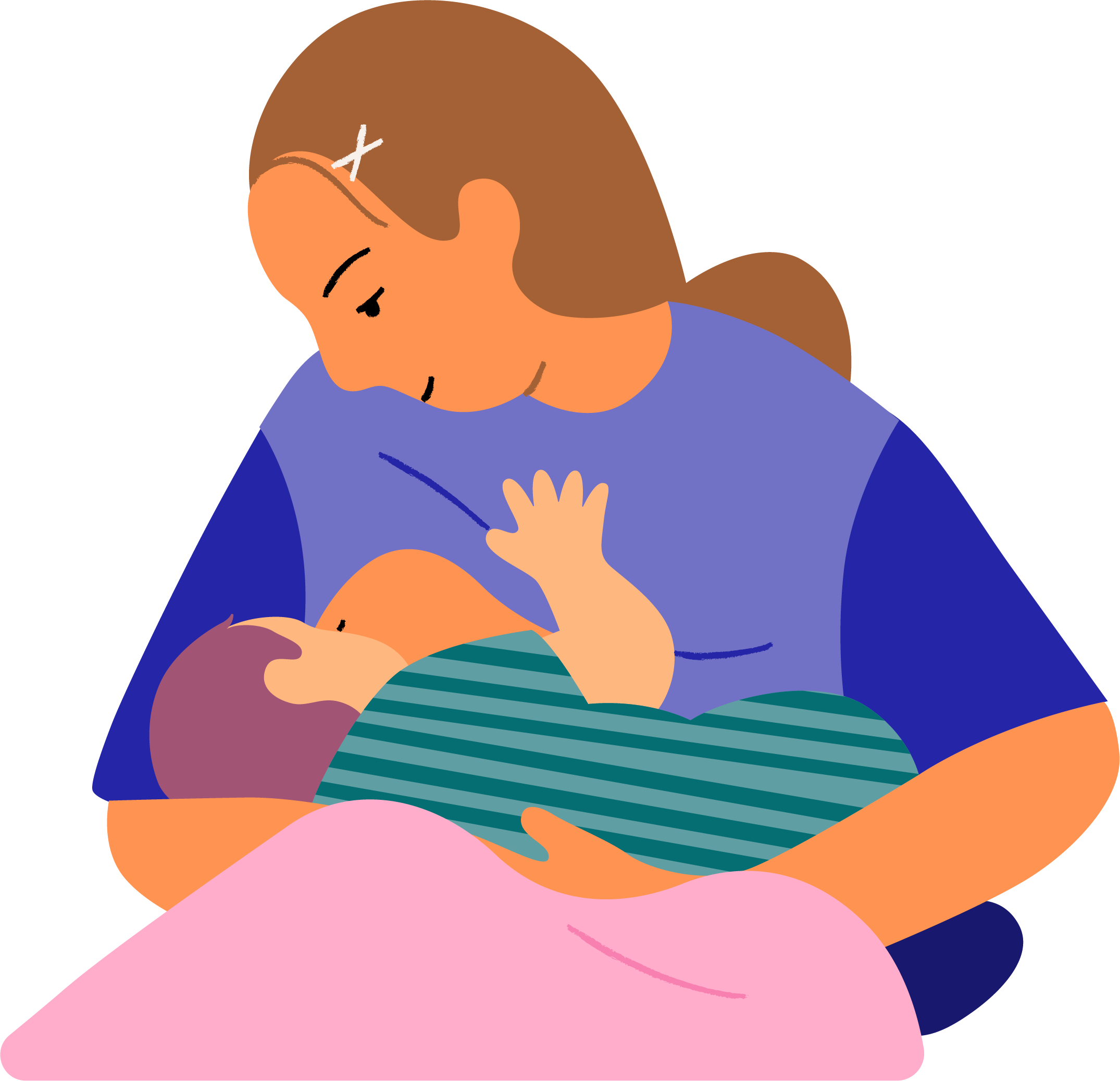
Prolonged feeding from a bottle containing milk or sugary liquid can cause severe tooth decay in young children. Do not put your baby to bed with the bottle.
Your baby can start to drink from a sipper cup from 6 months of age.
From 6 months, offer cooled, boiled tap water.
Stop the bottle by one year of age.
Clean your baby’s dummy under running water, not in your mouth.
Avoid sharing spoons with your baby.
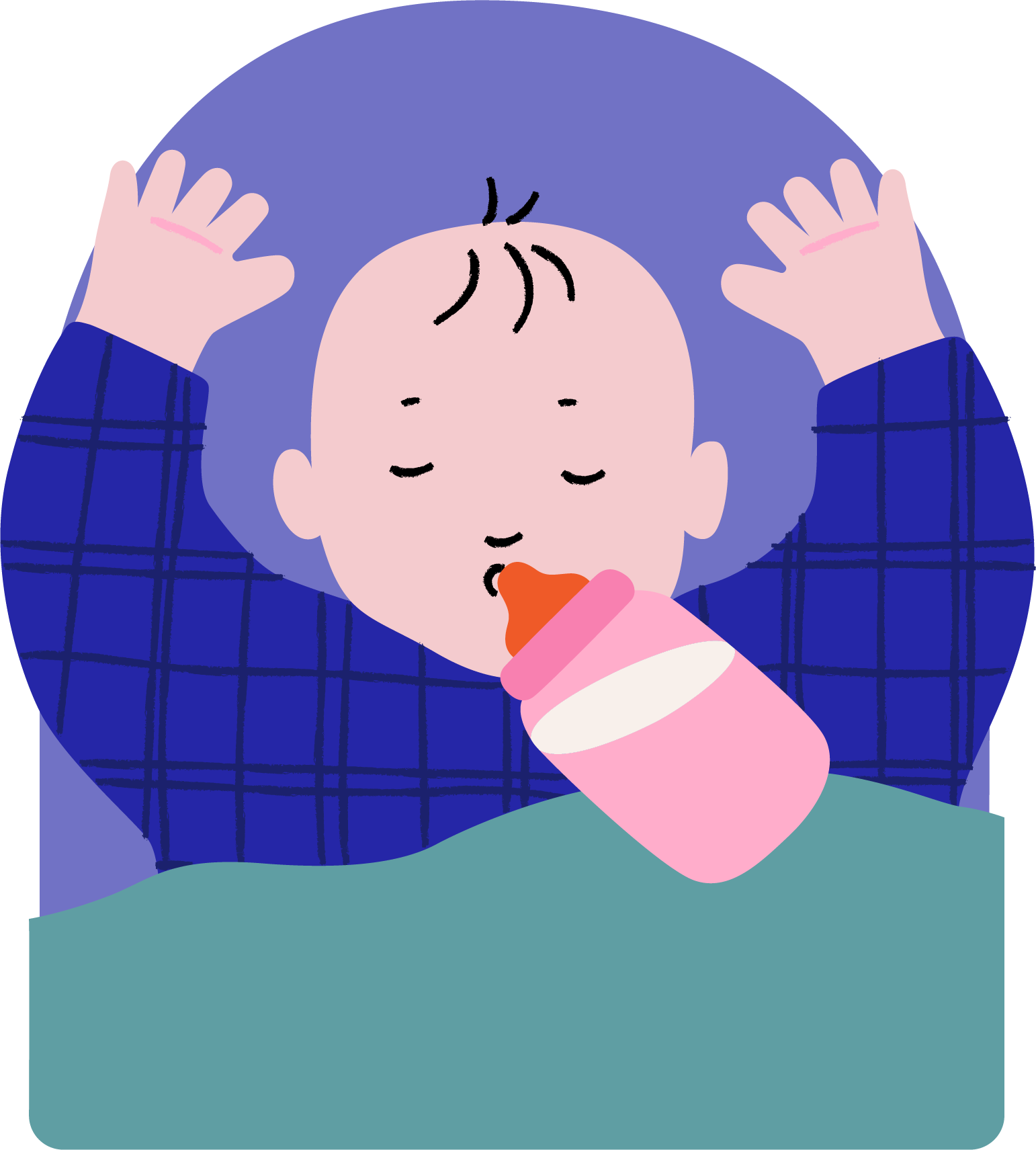
Caring for your toddler or preschooler's teeth
Brush teeth twice a day, in the morning and before bed at night.
Children will need help with brushing until they are at least eight years old.
From 18 months – 5 years, use a pea-sized amount of low-fluoride children’s toothpaste and a small, soft toothbrush.
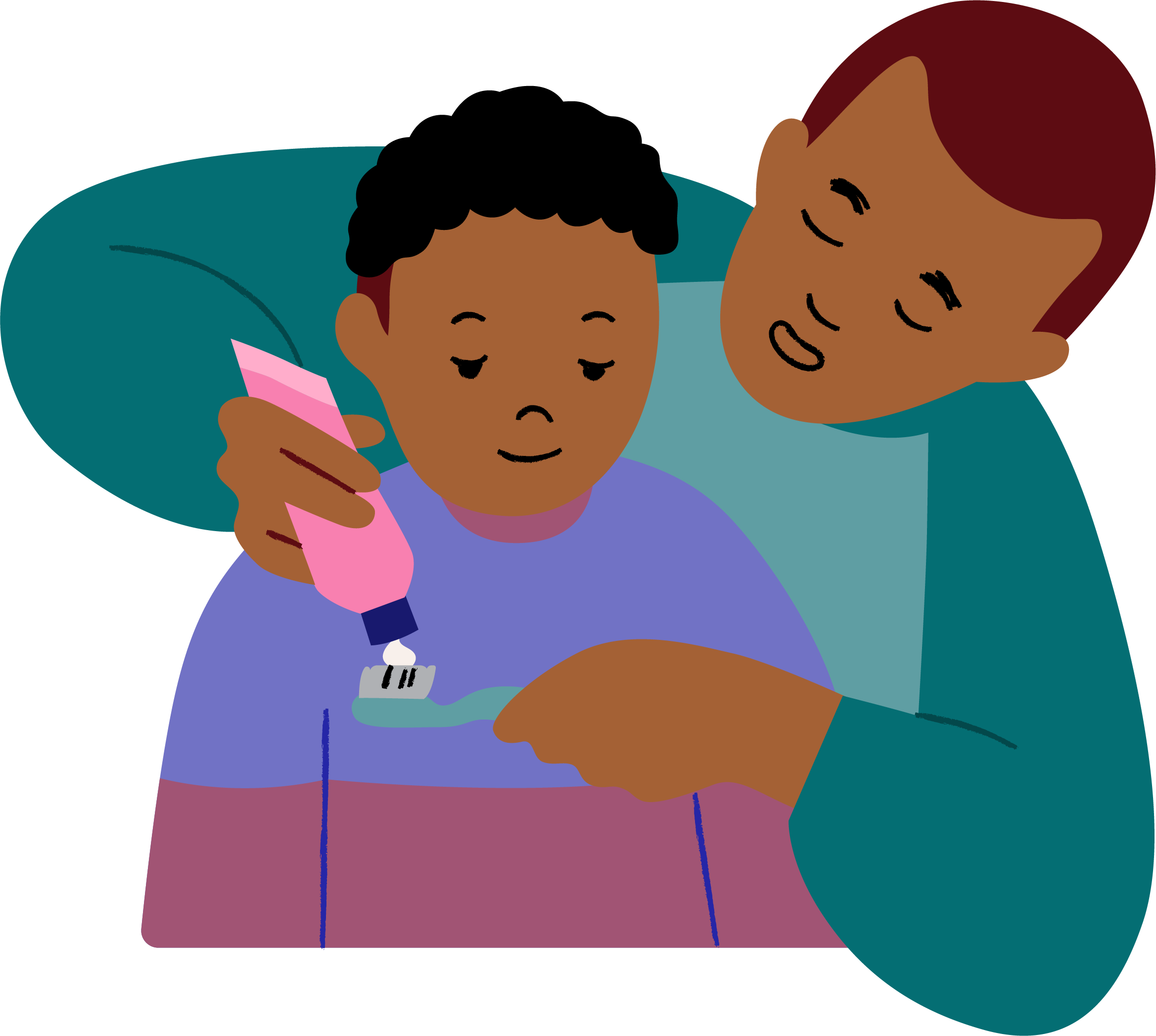
Plain tap water is the healthiest drink for your child’s teeth.
Limit how often your child has sugary drinks, including fruit juice, flavoured milk, cordial, and fizzy drinks.
Offer water after food, between meals and if your child wakes during the night.
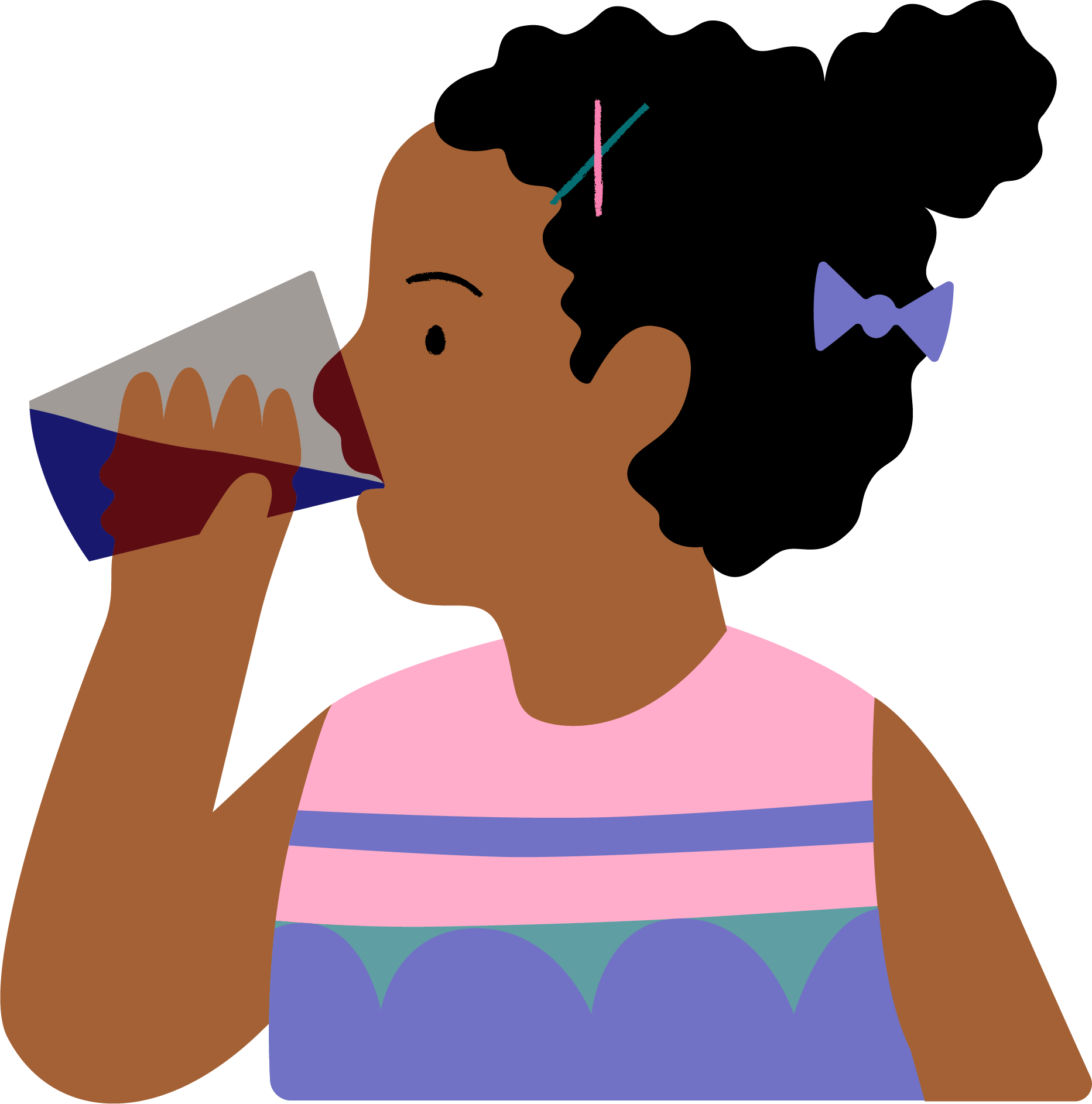
Choose healthy snacks like fresh fruit, vegetables and dairy foods.
Avoid sweet, sticky foods like muesli bars, lollies, dried fruit, jam and chocolate spread.
Choose sugar-free medicines where possible.
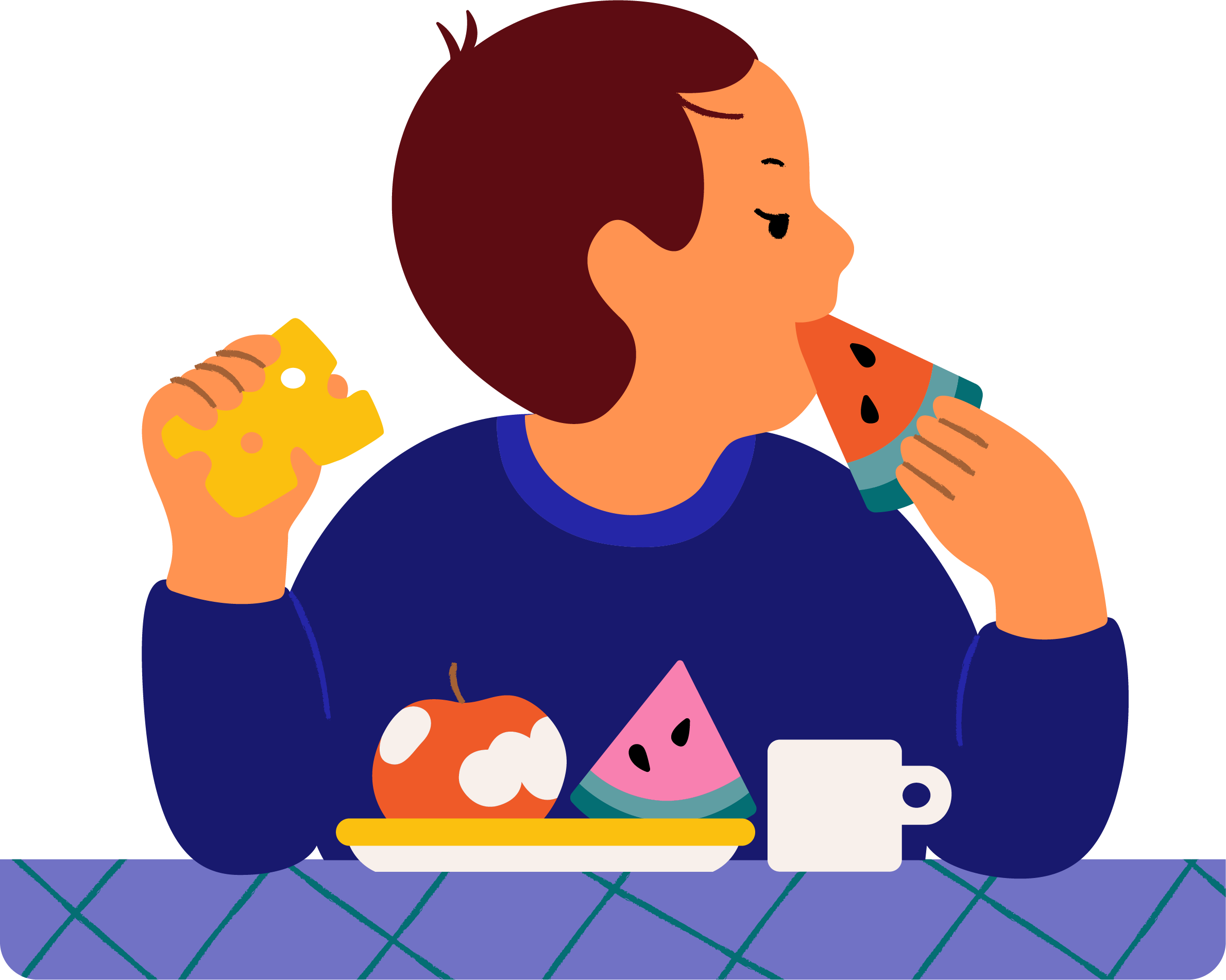
Lift the Lip
White lines on the top front teeth near the gum line, can be the beginning of tooth decay.
Lift the Lip to check your child’s teeth regularly (once a month) for early signs of tooth decay.
If decay is found early on, it can be stopped. If you notice any changes to your child’s teeth, make an appointment for a dental check-up.
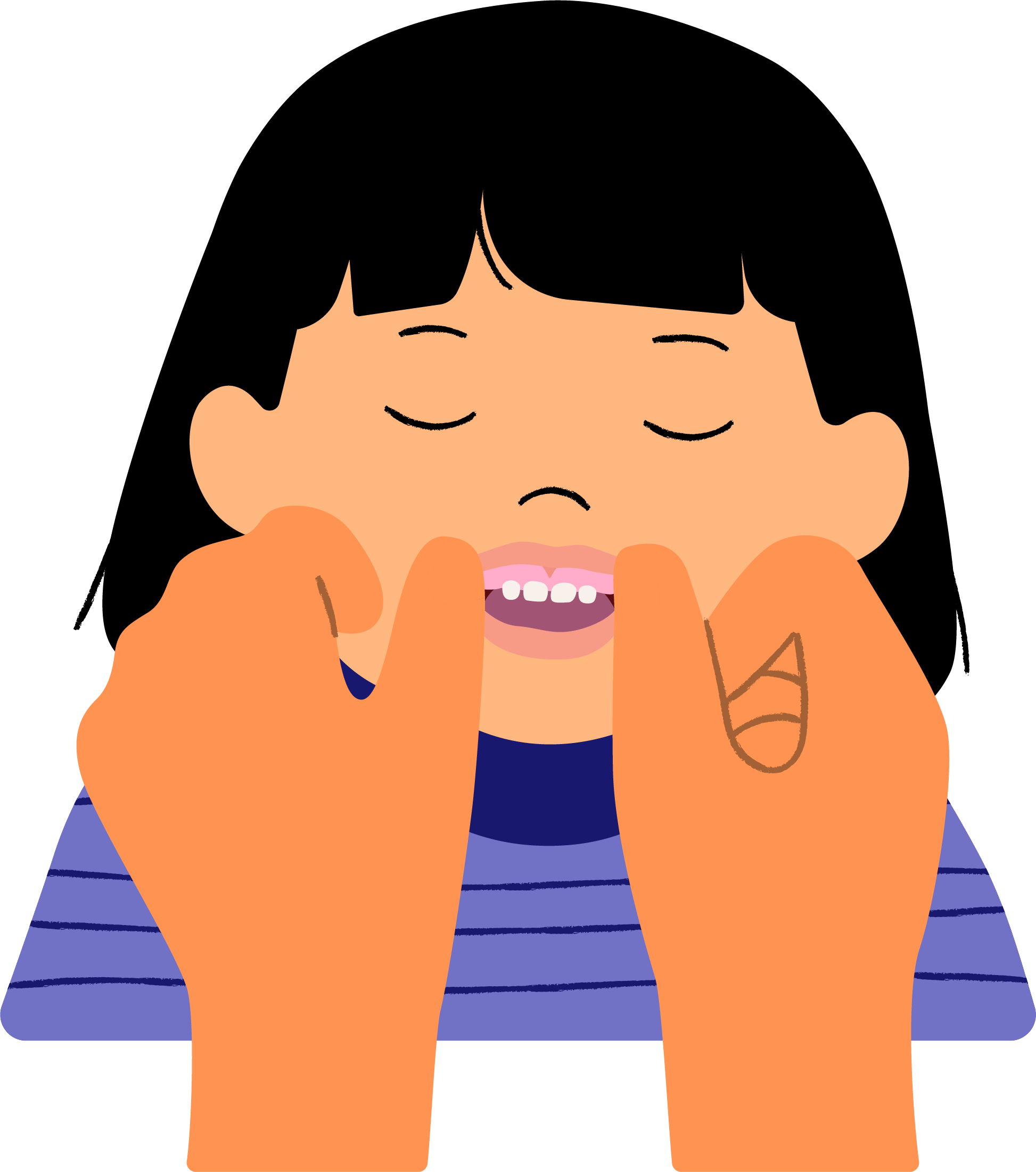
Dental visits
First dental check-ups are recommended from 12 - 18 months.
There are no out-of-pocket costs for all preschoolers at SA Dental.
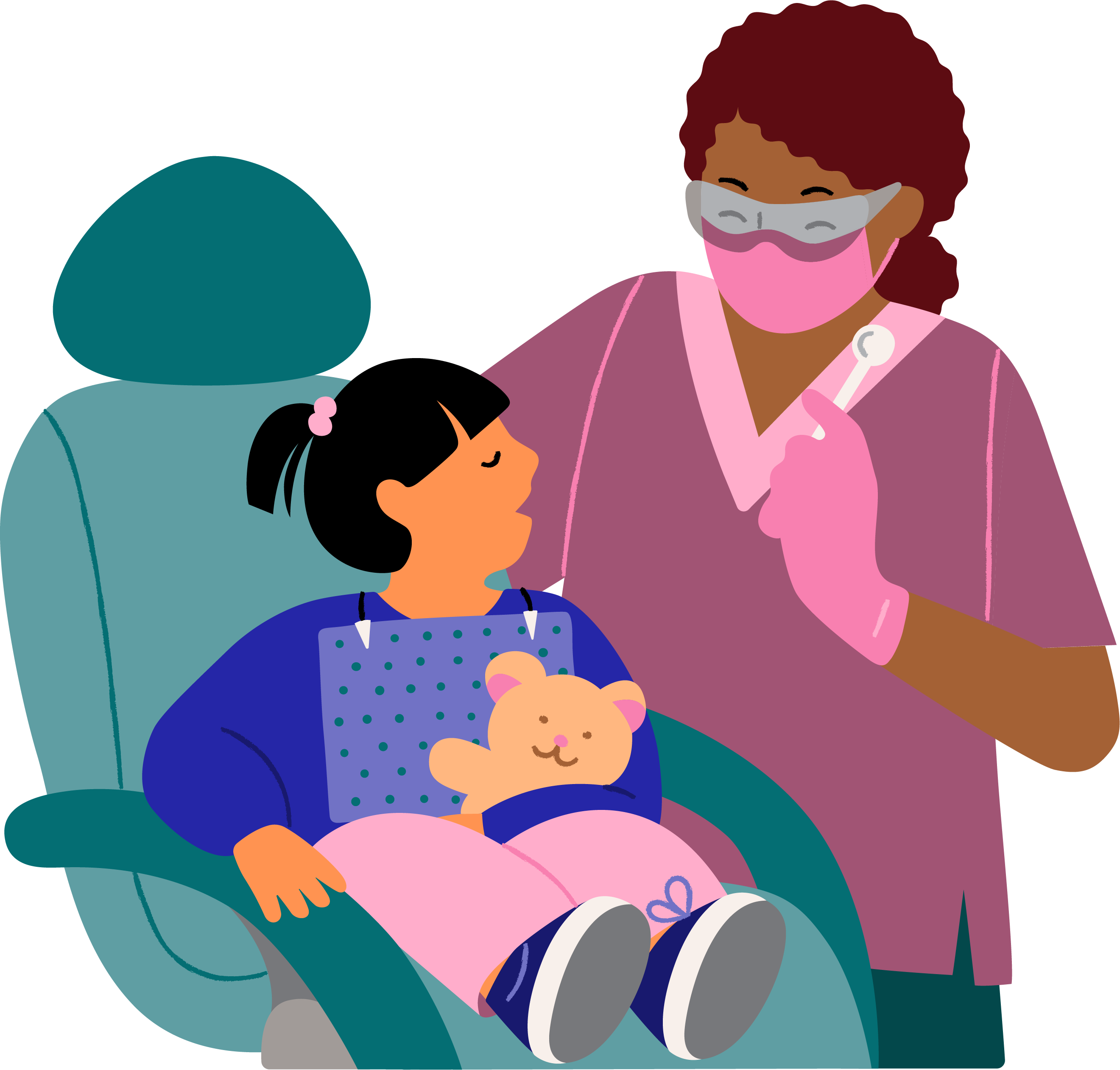
Oral health care videos
How to care for my pre-schoolers teeth – A guide for parents and carers.
How to look after my teeth – A video for preschool children

